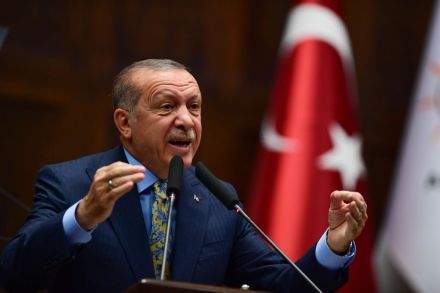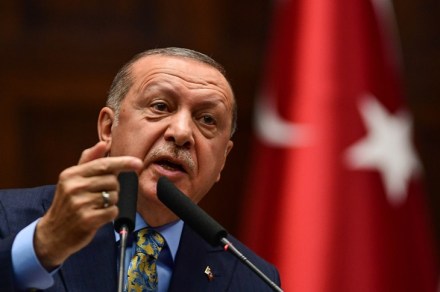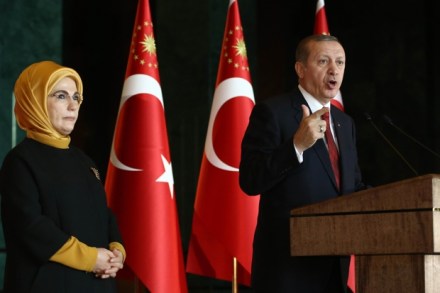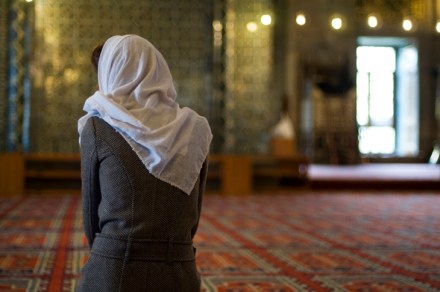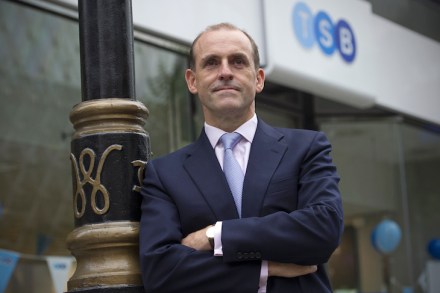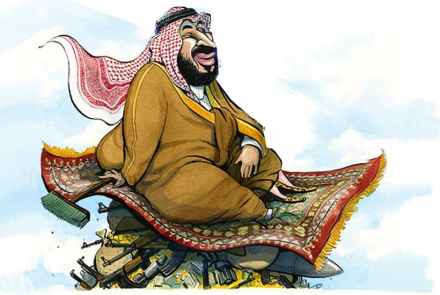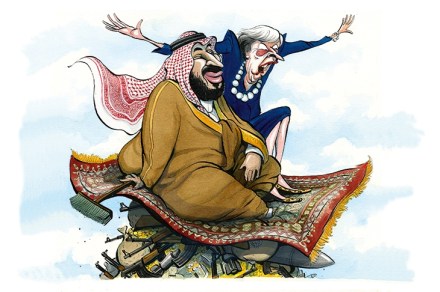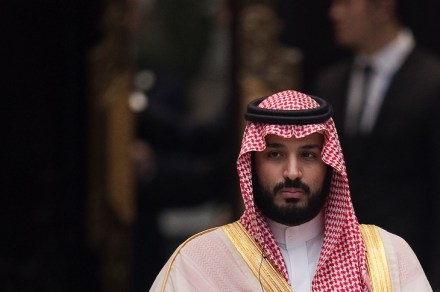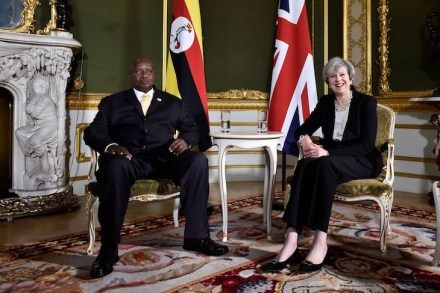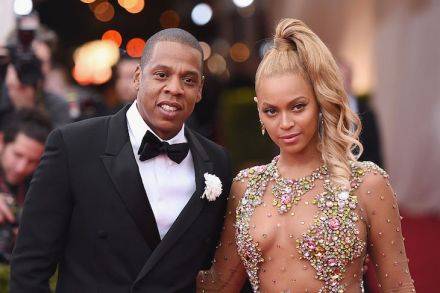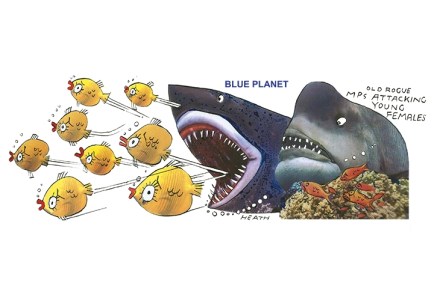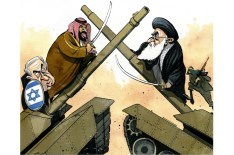Why Erdogan is relishing making life difficult for Saudi’s crown prince
Jamal Khashoggi’s murder has been dissected by the world’s press, perhaps none more so than in Turkey, where the journalist met his grisly fate. Fresh information is still being leaked about his final moments inside the Saudi Arabian consulate in Istanbul. In a recording of his murder, Khashoggi can be heard putting up a fight. He orders his killers to release him and warns they’ll be brought to account. But will they? Or are there bigger fish to fry? And what is Erdogan hoping to achieve by making life uncomfortable for Saudi’s Crown Prince Mohammed Bin Salman. Khashoggi has been described by some as a Saudi dissident. Turkish media say he
